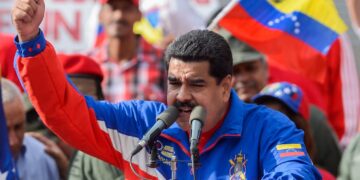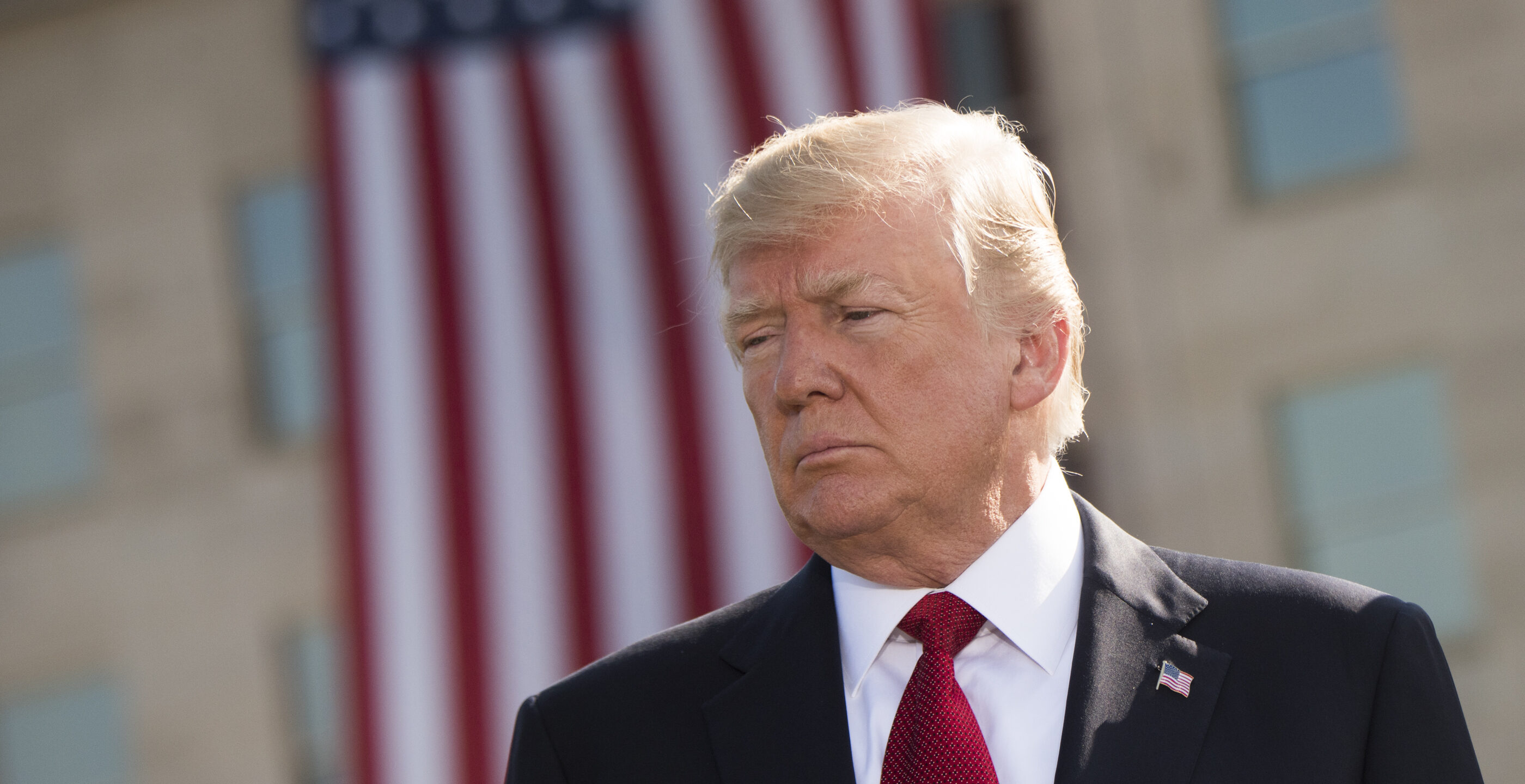In 1981, after surviving an assassination attempt and spending two weeks in the hospital, President Ronald Reagan came to believe that God spared him from an assassination attempt so that he could serve a higher purpose. That purpose was to end the Cold War and to reduce the threat of nuclear proliferation.
After leaving the hospital, President Reagan penned a letter to Soviet leader Leonid Brezhnev expressing a desire for “a meaningful and constructive dialogue which will assist us in fulfilling our joint obligation to find lasting peace.”
In the years following 1981, President Reagan worked with Brezhnev’s successor Mikhail Gorbachev to do just that. The Soviet Union and the United States committed to multiple treaties, including the Intermediate Range Nuclear Forces Treaty, to reduce the risk of nuclear proliferation. Reagan’s recovery cemented him as a strong leader, a far cry from his predecessor President Jimmy Carter. It was only a decade later that President Reagan’s goal of ending the Cold War was fulfilled with the fall of the Berlin Wall in 1989.
We may never know what would have happened if a would-be assassin did not take aim at Reagan on that fateful day. But we do know that the world looks different because of how that day impacted President Reagan.
Unfortunately, like that day in 1981, it is another sad day in America. At a rally in Pennsylvania, a deranged individual opened fire on a crowd of onlookers, and for the first time in over 40 years, attempted to assassinate a U.S. president.
The Latest

January 8, 2026

Featuring Alexander Downes
January 6, 2026

January 6, 2026
Events on Grand strategy







